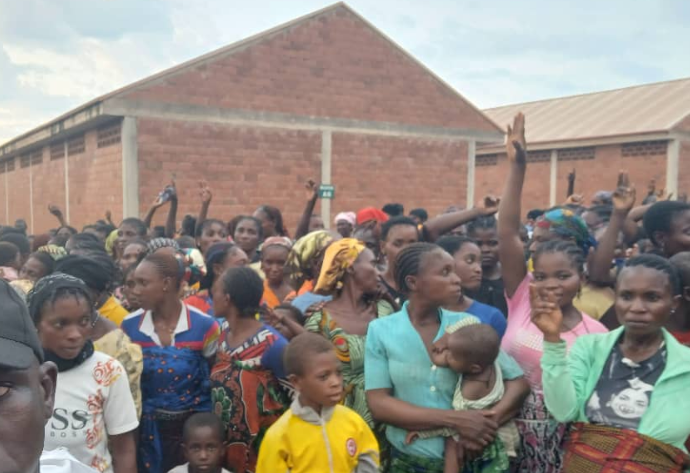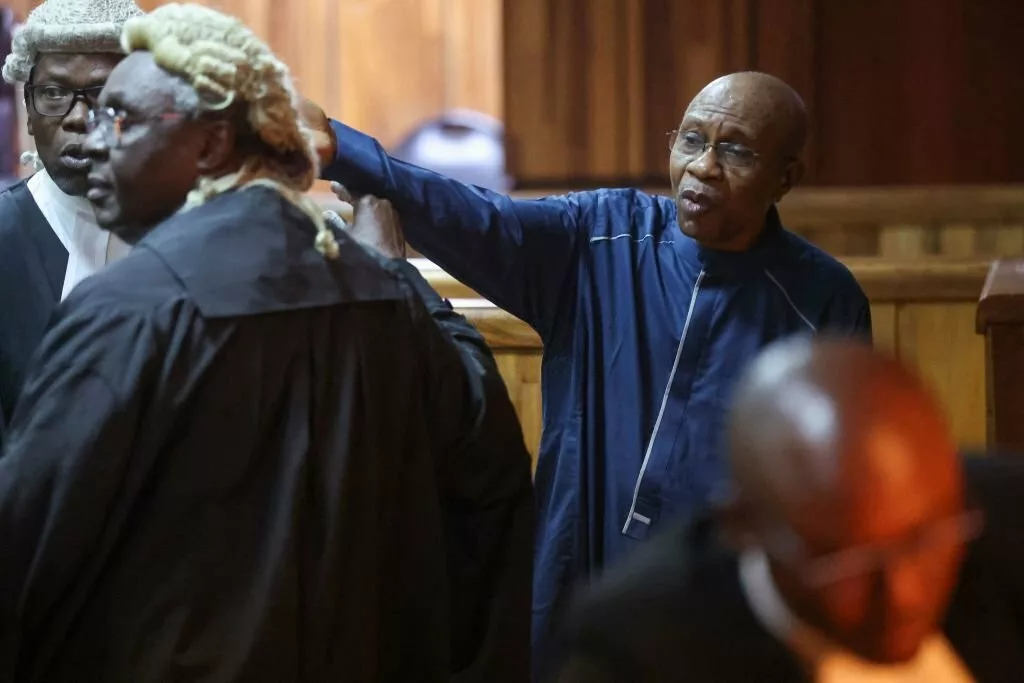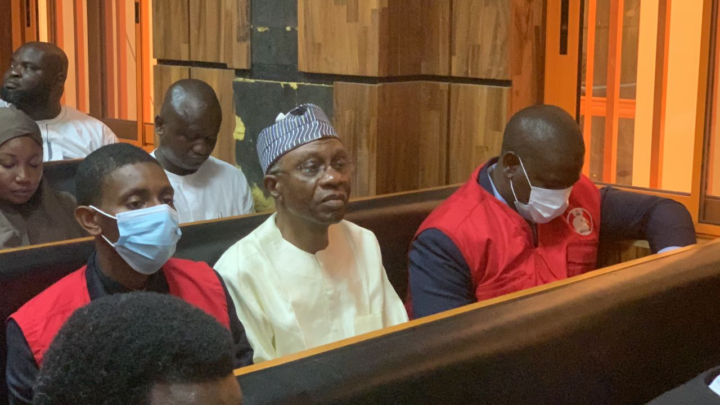SERAP sues CBN over undisclosed payments to local councils
Socio-Economic Rights and Accountability Project (SERAP) has sued the Central Bank of Nigeria (CBN) at the Federal High Court, Lagos over the bank’s failure to disclose details of direct payments to the 774 local councils in Nigeria, including the amounts sent to each council.
SERAP’s suit followed a landmark judgment by the Supreme Court last July, which held that allocations from the Federation Account with the CBN must be paid directly to democratically elected local councils and that no governor had the power to keep, control or use the money meant for the councils.
In the suit, number FHC/L/MSC/521/2025 filed at the weekend, SERAP is asking the court to direct and compel the CBN to disclose the details of any direct payments to the 774 local councils in Nigeria, including the amounts sent to each council since the Supreme Court judgment.
The organisation is also asking the court to direct and compel the CBN to disclose whether any direct payment has been made from the Federation Account with the CBN to the local councils in Rivers State and to explain the rationale for any such payment.
In the suit, SERAP argues that the CBN should make it possible for citizens to have access to the details of any direct payments to the 774 councils to ensure transparency and accountability, and judge whether the CBN and other agencies are complying with the Supreme Court judgment.
The body is also arguing that granting the reliefs sought would go a long way in promoting the values and principles that underlie the Nigerian Constitution 1999 (as amended) and are inherent characteristics of an open democratic society.
According to SERAP, state governors are starving local councils of funds and putting them in peril, despite the Supreme Court’s binding orders, accusing state governors of blatant disregard for the Supreme Court’s orders, undermining the integrity of the court and posing a direct challenge to the rule of law.
In the suit, filed on behalf of SERAP by its lawyers, Kolawole Oluwadare and Ms Oluwakemi Oni, the body said the CBN should be facilitating compliance with the Supreme Court’s orders.
It noted that if state governors would get away with ignoring the court, it would undermine the ability of the bank to credibly perform its statutory duties.













